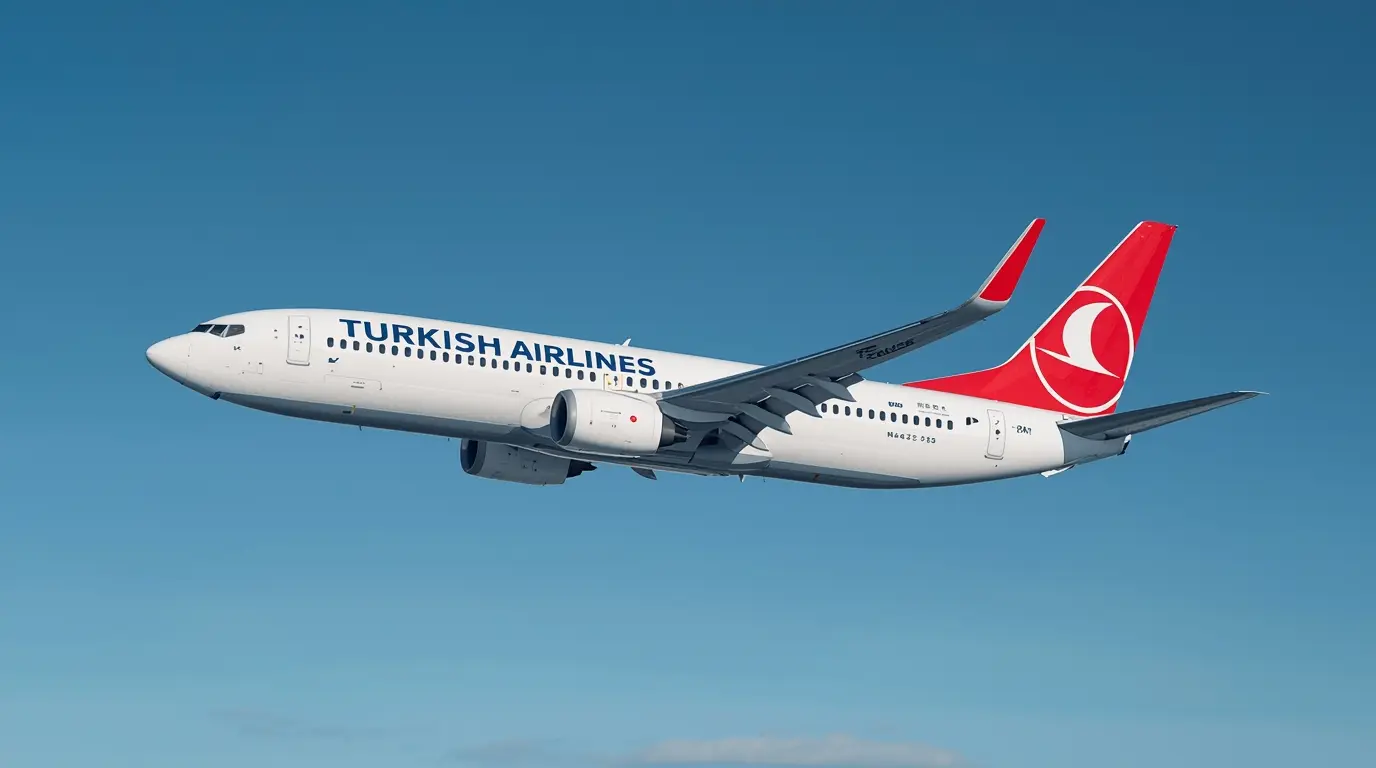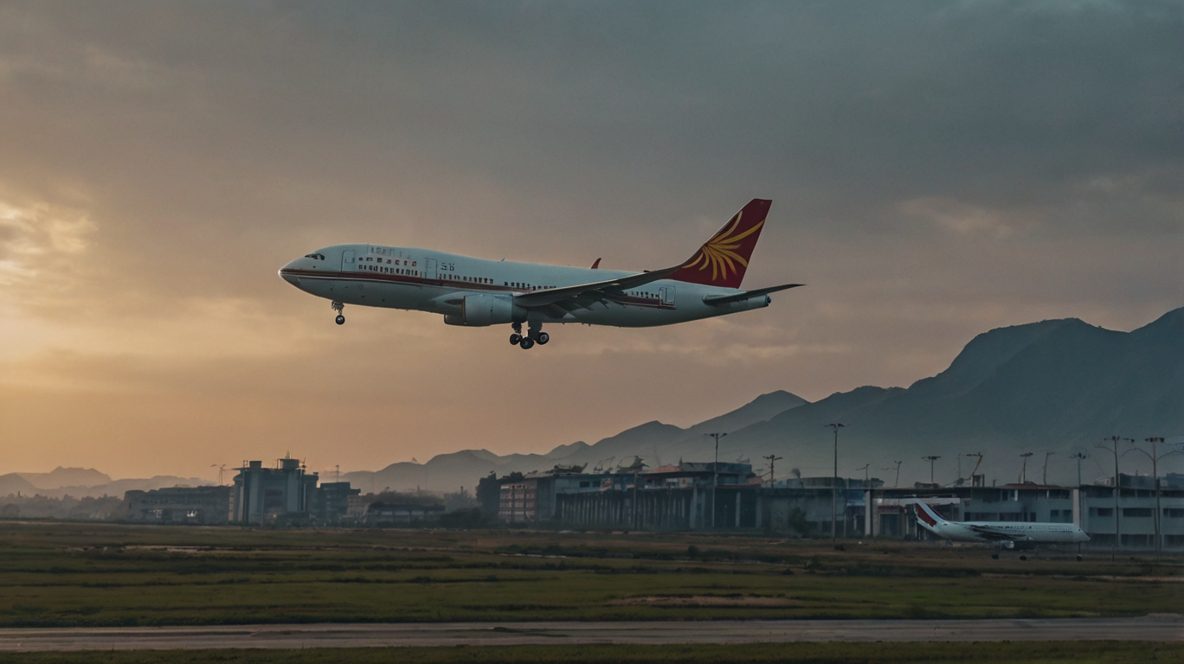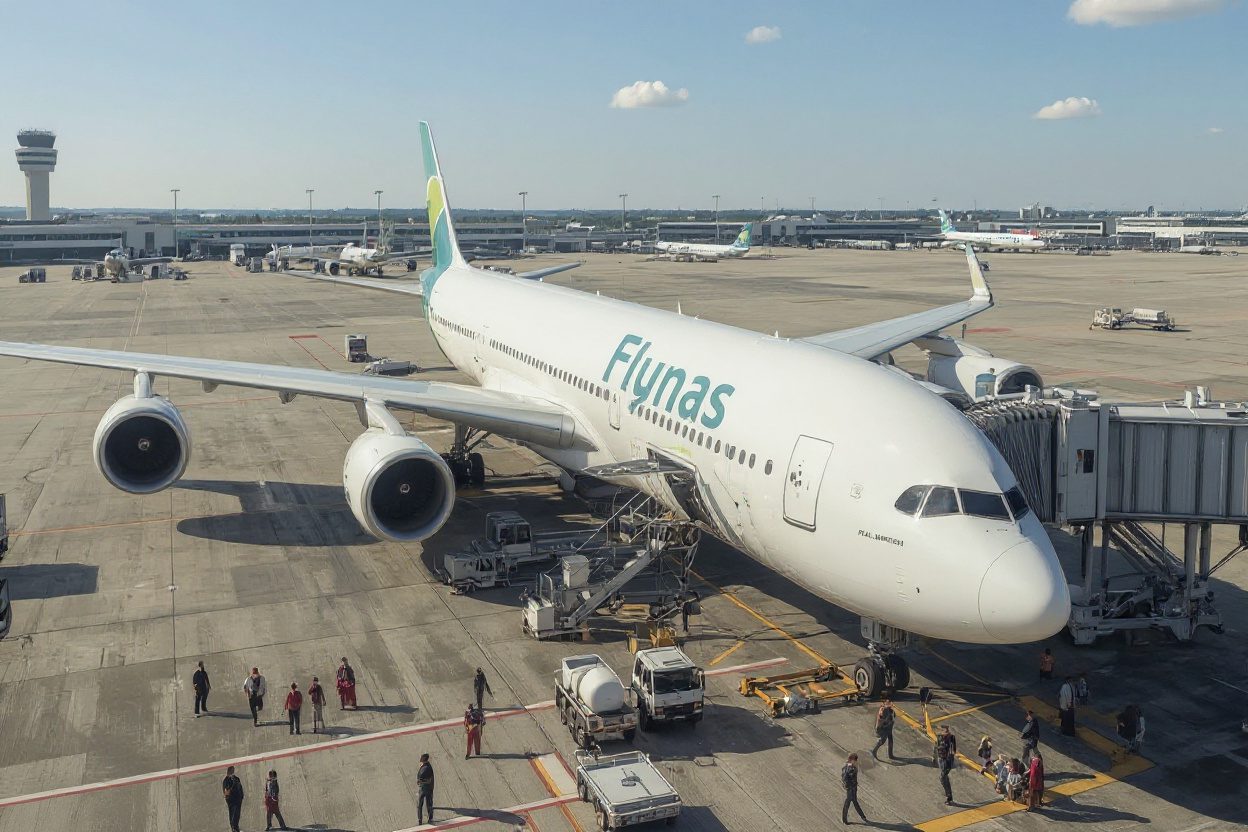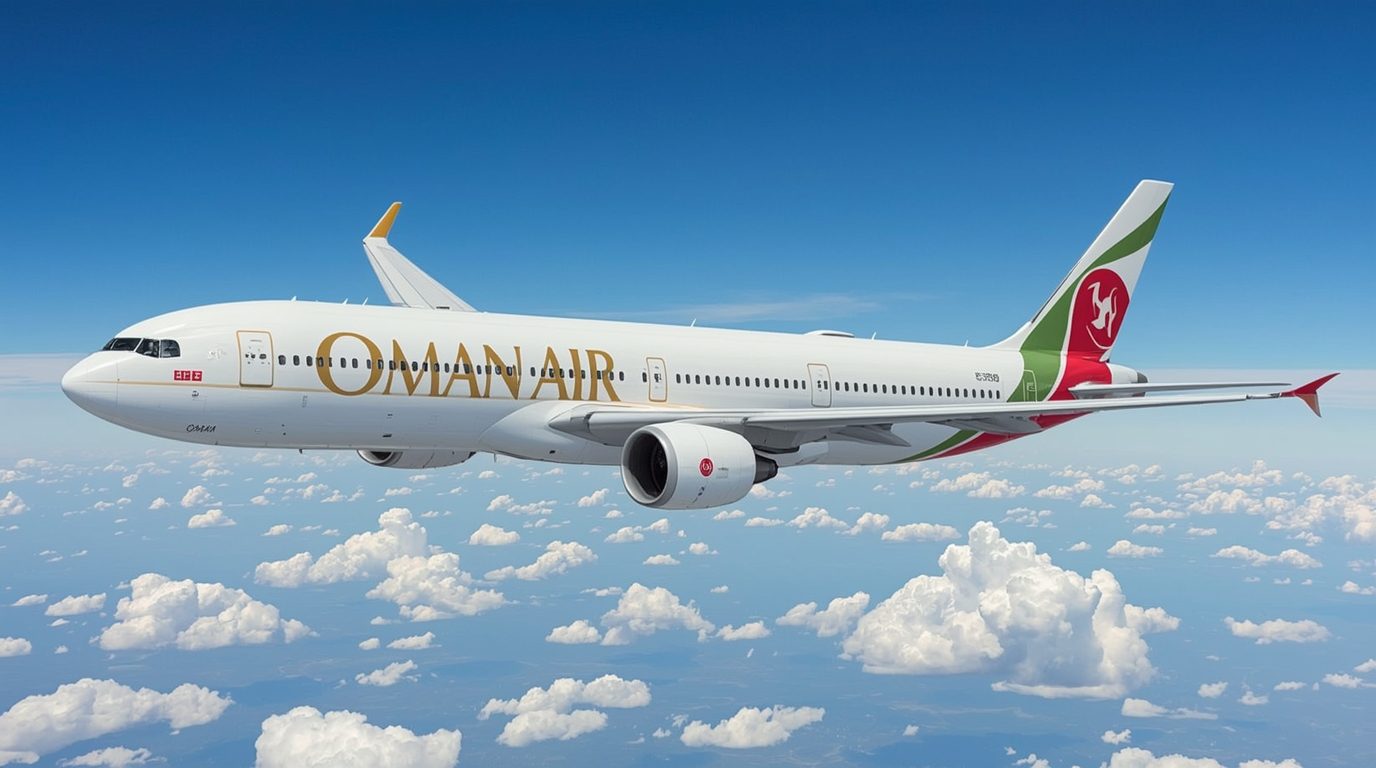Turkish Airlines Places Historic Order for Up to 75 Boeing 787 Dreamliners, Boosts Fleet with 150 Boeing 737 MAX Jets
Turkish Airlines, the national carrier of Turkey, has made a historic move by formalizing an order with Boeing for up to 75 Boeing 787 Dreamliner aircraft. This commitment marks the largest widebody aircraft purchase in the airline’s history with the American aerospace giant. Alongside this, the airline also announced plans to acquire up to 150 Boeing 737 MAX jets, a narrowbody aircraft known for its fuel efficiency and advanced technology.
This ambitious fleet expansion aligns with Turkish Airlines’ 2033 vision to grow its fleet to an impressive 800 aircraft, nearly doubling the current size, which already includes more than 200 Boeing planes. The decision reflects the airline’s strategy to strengthen its global presence and increase operational capacity in response to rising travel demand.
The Details of the Boeing 787 Dreamliner Order
The recent agreement includes 35 Boeing 787-9 and 15 Boeing 787-10 Dreamliner models, with options for an additional 25 aircraft. This balanced mix allows Turkish Airlines to enhance its long-haul service capabilities with aircraft known for superior fuel efficiency, passenger comfort, and extended range.
The 787-10 variant, in particular, offers greater passenger and cargo capacity compared to its siblings, making it ideal for high-demand routes. These features support the airline’s goal of expanding its network and strengthening its competitive edge on international corridors.
Why the 737 MAX Is Central to Turkish Airlines’ Expansion
Complementing the widebody Dreamliner order, Turkish Airlines plans to acquire up to 150 Boeing 737 MAX jets. The 737 MAX, recognized for its reduced fuel consumption and lower operating costs, will significantly boost the airline’s narrowbody fleet. This is critical as short and medium-haul routes continue to recover and grow in the post-pandemic aviation market.
By integrating these 737 MAX aircraft, Turkish Airlines aims to improve fleet flexibility, route frequency, and passenger experience across domestic and regional flights. The ability of the 737 MAX to operate efficiently on diverse routes is key to Turkish Airlines’ plan to double its fleet and scale its operations globally.
The Broader Impact on Turkish Airlines and the Aviation Sector
This large-scale fleet renewal is expected to strengthen Turkey’s position as a major aviation hub, potentially rivaling leading Middle Eastern carriers like Emirates and Qatar Airways. The order came shortly after Turkish President Recep Tayyip Erdoğan’s official visit to the United States, underscoring the strategic importance of this deal in diplomatic and economic terms.
From Boeing’s perspective, this deal will support more than 123,000 jobs in the U.S., highlighting the wide-reaching economic impact. Additionally, Boeing has invested $2 billion in the Turkish supply chain, generating nearly 5,000 jobs in Turkey, further cementing the importance of this partnership.
Turkish Airlines’ Vision for 2033: Doubling the Fleet
With the acquisition of the 787 Dreamliners and the 737 MAX jets, Turkish Airlines is well on track to realize its vision of operating 800 aircraft by 2033. This will not only double the current fleet but will also significantly increase the airline’s capacity to serve new markets and increase flight frequencies on existing routes.
The expansion plan is designed to meet the growing global demand for air travel, especially in key regions such as Europe, Asia, and the Middle East. The airline’s investment in modern, fuel-efficient aircraft like the 787 Dreamliner and the 737 MAX will also help it maintain a competitive advantage by reducing operational costs and minimizing environmental impact.
The Importance of the Boeing 737 MAX in Turkish Airlines’ Fleet Strategy
The 737 MAX has become a pivotal element of Turkish Airlines’ fleet renewal program. Since its introduction, the 737 MAX has been praised for its advanced aerodynamics, new engines, and enhanced passenger amenities. These features contribute to lower fuel burn, reduced emissions, and improved overall efficiency.
Turkish Airlines already operates existing 737 MAX aircraft, which have proven their worth in boosting the airline’s domestic and regional service capabilities. The planned acquisition of up to 150 additional 737 MAX jets signals a strong vote of confidence in the model’s reliability and performance.
The 737 MAX’s ability to efficiently serve both high-frequency short-haul routes and longer narrowbody journeys makes it an ideal choice for Turkish Airlines’ expanding network. This fleet modernization aligns with global trends favoring environmentally sustainable aviation solutions.
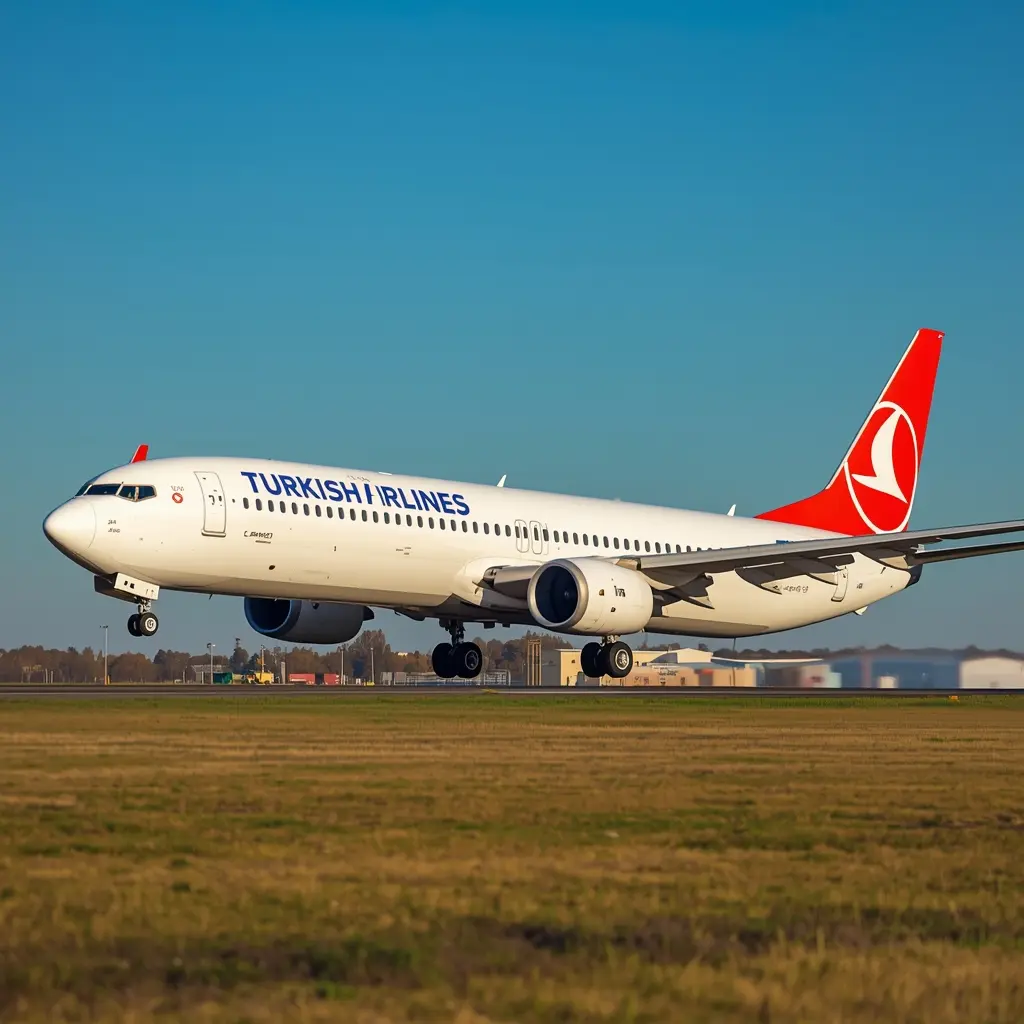
Economic and Strategic Benefits for Turkey and Boeing
This deal not only bolsters Turkish Airlines’ fleet but also brings substantial economic benefits to both Turkey and the United States. Boeing’s $2 billion investment in Turkish supply chains demonstrates a deepening industrial collaboration, supporting thousands of jobs and technological exchange.
Furthermore, the agreement highlights the importance of aviation diplomacy between the U.S. and Turkey, facilitating stronger bilateral ties. Turkish Airlines’ fleet expansion underlines Turkey’s ambition to be a key player in the global aviation landscape.
Future Outlook: Turkish Airlines and Global Aviation Growth
The aviation industry is poised for a dynamic recovery and growth phase post-pandemic, with airlines worldwide focusing on fleet modernization and network expansion. Turkish Airlines’ strategic investment in Boeing’s 787 Dreamliners and 737 MAX jets places it in an excellent position to capitalize on this trend.
As the carrier moves toward its 2033 fleet vision, it will continue to enhance passenger experience, operational efficiency, and environmental sustainability. The introduction of the 787 Dreamliner and 737 MAX will also enable Turkish Airlines to offer better connectivity and more flight options to millions of travelers around the world.
Table of Contents
Referenve Website: https://www.airdatanews.com/tag/737-max/
Read More Article neonreport.com

